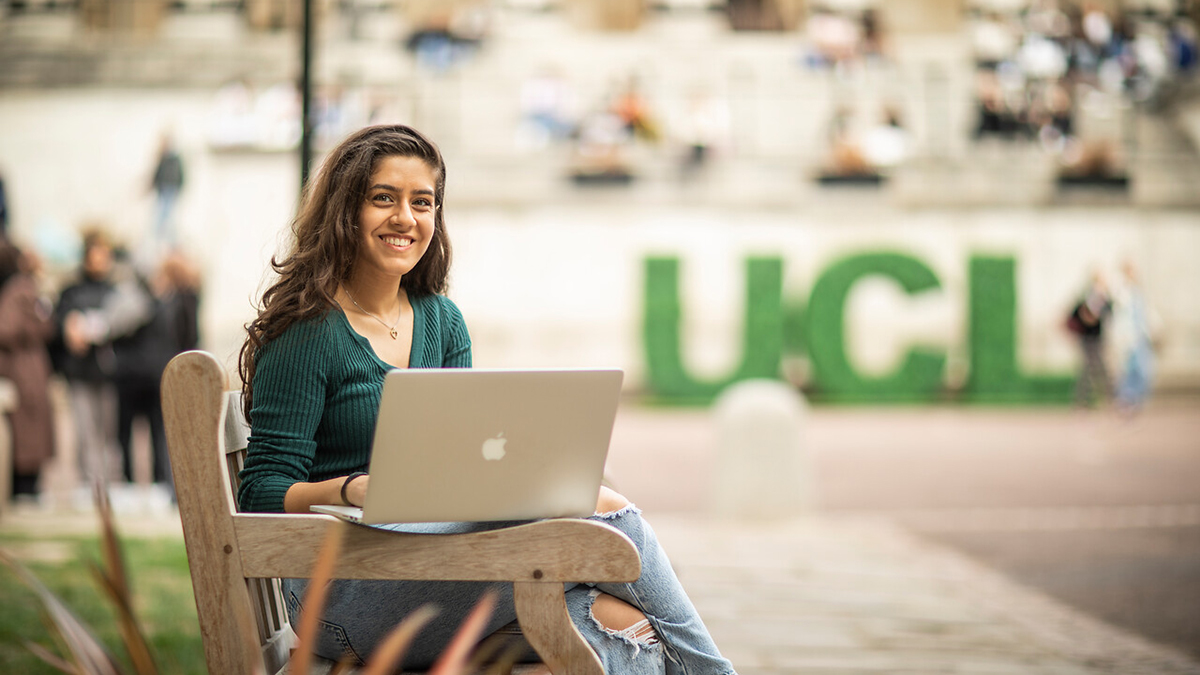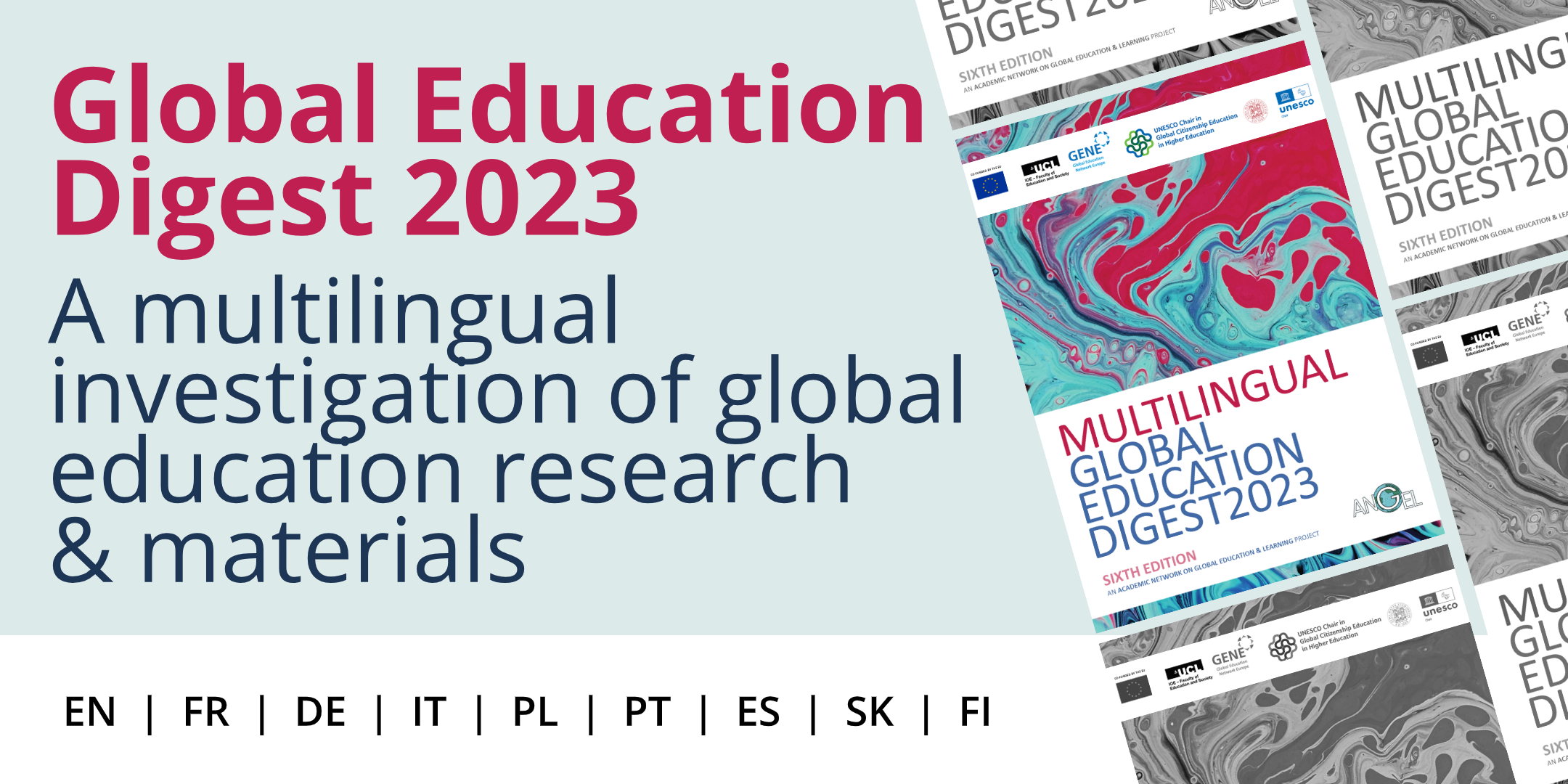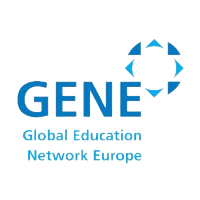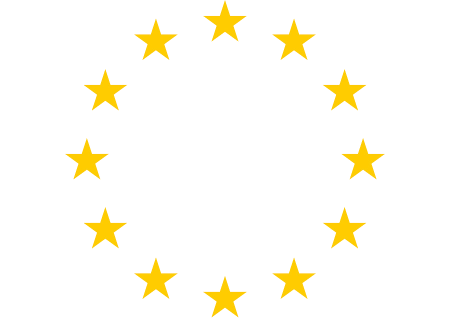
It is now open the call for papers for the next issue of the journal Sinergias – educational dialogues for social change dedicated to the theme “Democracy(ies): transforming oppressive paradigms of power through Development Education”.
Considering the Portuguese case and which seems to illustrate a tendency that can be seen in other countries in Europe, there is a wave of political extremism, fundamentalism, polarisation, and radicalism that threatens the Common Good, and reveals the general feeling of society towards status quo. How can Development Education/Global Citizenship Education/Global Education and Learning (DE/GCE/GEL) become an answer to deconstruct narratives that are not real? A democratic literacy seems to be in order, with which we can analyse why people embrace such extremism and authoritative proposals, especially youth.
This issue gazes at this scenario with optimistic eyes, led by the aim of offering proposals for social transformation while thinking about the future with hope.
This issue aims to take the reflection beyond Democracy as a form of government, and rather as a form of political agency that is plural. Democracy is to be understood as an array of dialogic processes that bring together people who think differently and question normativity, to assure that each citizen and the larger communities (which include social networks and movements) see their voice heard. Democracy implies a civic care with the Common Good, which requires dialogue between people who think differently but are open to agree while disagreeing, to build collaboratively from there. More than voting, Democracy entails caring for the Common Good and continuous civic action towards the Common Good.
The 2024 UNESCO Recommendation on Peace, Human Rights and Sustainable Development (which revises and builds on the 1974 Recommendation) offers a perspective on how Education is key to attaining the 17 goals to transform our world set in the 2030 Agenda. This Recommendation was adopted by UNESCO’s 194 Member States (2023) and represents a collective commitment in improving Education for all worldwide. Here, the transformative power of Education is acknowledged as a privileged space to build societies that are inspired by the driving values of Peace, Social Justice, Equity, Solidarity, Inclusion, Sustainability and… Democracy.
How do we build and safeguard a space for Democracy, in all places but especially in those places (that are becoming) governed by the suffocating censorship of authoritarianism, extremism, and radical conservatism? This is a growing tendency in Europe, where we see the normalisation of such “isms” in countries where democratic forms of government have a long past, and yet, are now electing new versions of past tyrants. How can DE/GCE/GEL build a safe space to dialogue, where disagreements may be reflected on and knowledge can be deepened, in order to move beyond prejudice and bias?
The positionality of DE/GCE/GEL is not neutral; it is moved by values such as Solidarity, Social Justice, and Peace, to collaboratively build Common Good. It is also moved by the goal of building democratic relations, where power is shared and directed towards social transformation by transforming individuals first. Only by questioning authoritative normative frameworks of knowledge and thought, by developing competencies such as critical thinking and creativity, and by learning and acting towards Common Good, can society as a whole have a voice and find each voice valued and listened to. All voices are necessary to discuss and dismantle the causes of systemic injustice and structural inequality that keep some people in the periphery, deprived from privilege, access, participation, and freedom.
Within this context, we invite all to share their theoretical considerations, empirical work, and/or practices on how does DE/GCE/GEL offer a lens that inspires the subversion of oppressive and authoritative paradigms of power, and fosters participation in creating a strong Democracy, as opposed to “distorted” (Freire, 1996) or “thin” (Apple, 2018) forms of Democracy.
We welcome submissions focusing on research and/or practice, in formal and non-formal education contexts, regardless of geography, on (but not limited to) one or several of the following topics:
- The rise of movements of political extremism, fundamentalism, polarisation, and radicalism, its meanings, and the importance of listening to the people’s voice.
- The importance of dialogue and plurality in building democratic spaces where to agree while disagreeing is a practice.
- Democracy and the impact of neoliberal and neocolonial tendencies on societies.
- Strategies and methodologies that support building strong Democracies through the DE/GCE/GEL lens, especially in the current context of growing authoritarianism, extremism, and radical conservatism in Europe, but not only.
- The relationship between people and power, government and governance, and the influence of Popular Education and the democratisation of Education in the development of Democracies.
- What impact(s) derive(s) from the fact that, in a group of countries, people have started to be allowed to participate in the political sphere.
- The role of Education and educational dialogues around Democracy and that help build Democracies.
- Freedom of speech, access to information, democratic literacy, acknowledgement of individual and collective voices, renewed forms of censorship to newspapers and other media.
- The lens of DE/GCE/GEL as a way to build spaces of dialogue, plurality and democratic relations.
- Innovative practices where citizens play a role in designing public policies aimed at caring for Common Good, regardless of age and experience (e.g., school projects, citizen initiatives, municipality initiatives, etc.).
- The participation of youths and the role of formal and non-formal education in promoting democratic relations.
- The process underlying the formulation of referentials and guiding frameworks that involve public consultation to build public policies, such as the 2030 Agenda and the Recommendation on Peace, Human Rights, and Sustainable Development, and its influence in promoting transformative processes.
- Examples of good practice in DE/GCE/GEL in the formal, non-formal, and informal education sectors.














